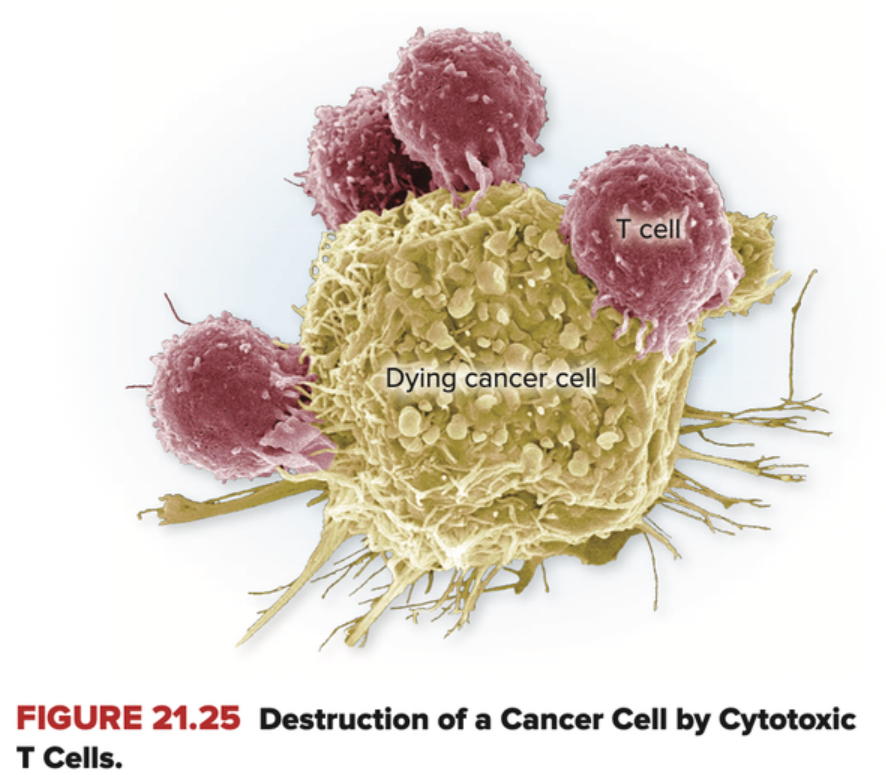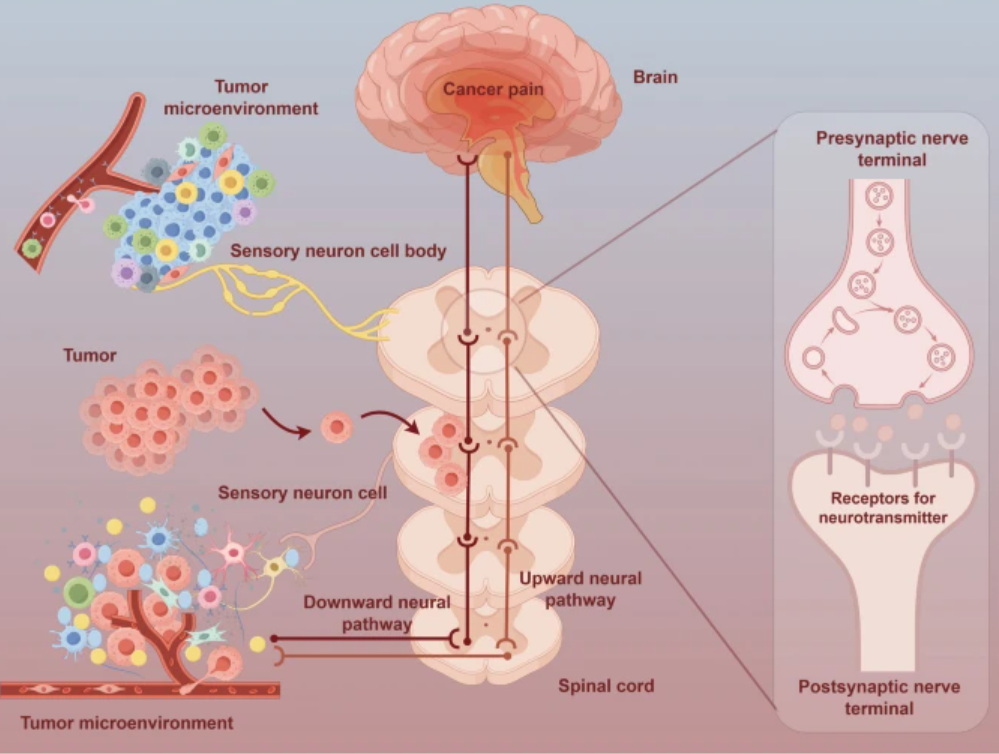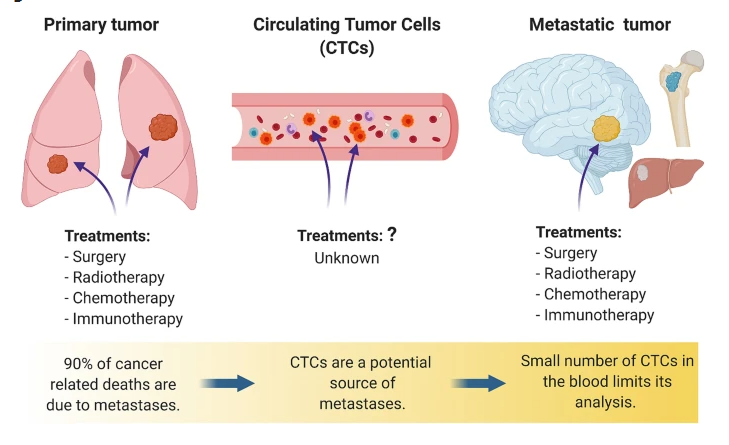Why doesn’t cancer immunotherapy cure cancer?
Category : Tell us your Story | Sub Category : Tell us your Story Posted on 2025-07-09 17:28:20

It can, at least in a sense, depending on how you define cancer. If you mean the presence of malignant cells, the immune system detects and destroys these on practically a daily basis before they form tumors. If you mean the presence of a tumor, then it’s a little more open to question because the cancer has, so to speak, a head start and an advantage in number of tumor cells.
The immune system includes at least three anticancer agents: cytotoxic T-lymphocytes, natural killer (NK) cells, and tumor necrosis factor. The first photo below shows two NK cells destroying a cancer cell, and the second shows two cytotoxic T cells doing the same.
These defenses are always working against malignant and precancerous cells and protecting us from tumor growth more than most people realize. The thing is, it’s a battle and they don’t always win. Also, as we get older, these cells become fewer and less effective, which is one of the reasons so many cancers affect older people more than young ones. As we age, however, these defenses go downhill and we become more vulnerable to cancer and other diseases that a younger immune system can fight off. It’s reported that by age 65, we make few or no T cells anymore. Vaccines become less effective in old age for the same reason; they’re meant to stimulate the immune system, and a tired old immune system just can’t respond to them like it used to.
“The aging immune system becomes unable to protect against infections and cancer, to allow proper wound healing, and to respond typically to vaccination.”
Leave a Comment:
SEARCH
Categories
Recent News
- Cancer Pain Medications
- Gastric Cancer (Stomach Cancer)
- New Discovery Links Mitochondrial DNA to Immunotherapy Success in Cancer Treatment
- John’s Journey: Healing Through Lifestyle and Natural Remedies
- The truth about finding a cure for cancer
- Federal Government Commissions Three Oncology Centres to Strengthen Cancer Care in Nigeria
- Nigeria Advances National Cancer Control Efforts
- Nigeria’s Biggest Cancer Awareness Walk by Mukhtasar M. Alkali
READ MORE
2 months ago Category : Tell us your Story

Cancer Pain Medications
Read More →2 months ago Category : Gastric Cancer

Gastric Cancer (Stomach Cancer)
Read More →3 months ago Category : Colorectal Cancer

New Discovery Links Mitochondrial DNA to Immunotherapy Success in Cancer Treatment
Read More →3 months ago Category : Tell us your Story
